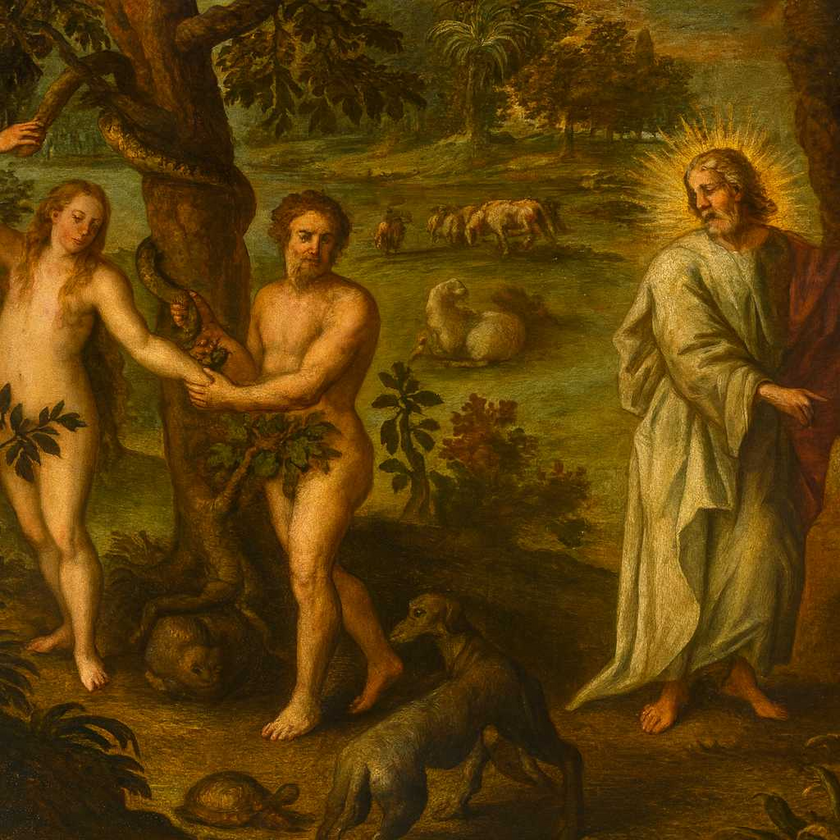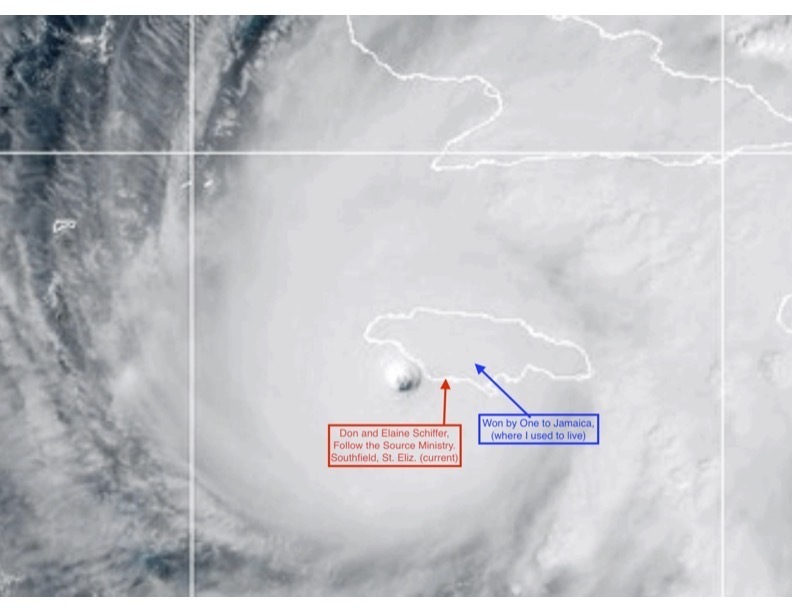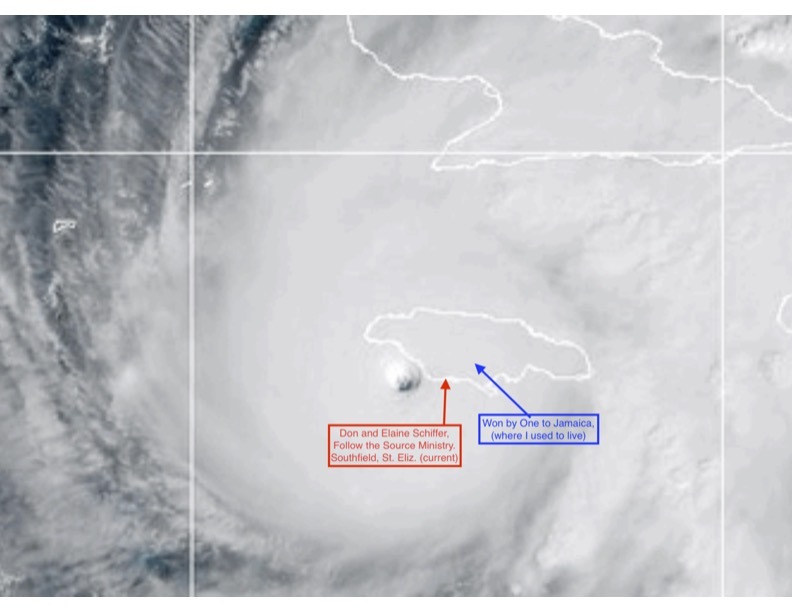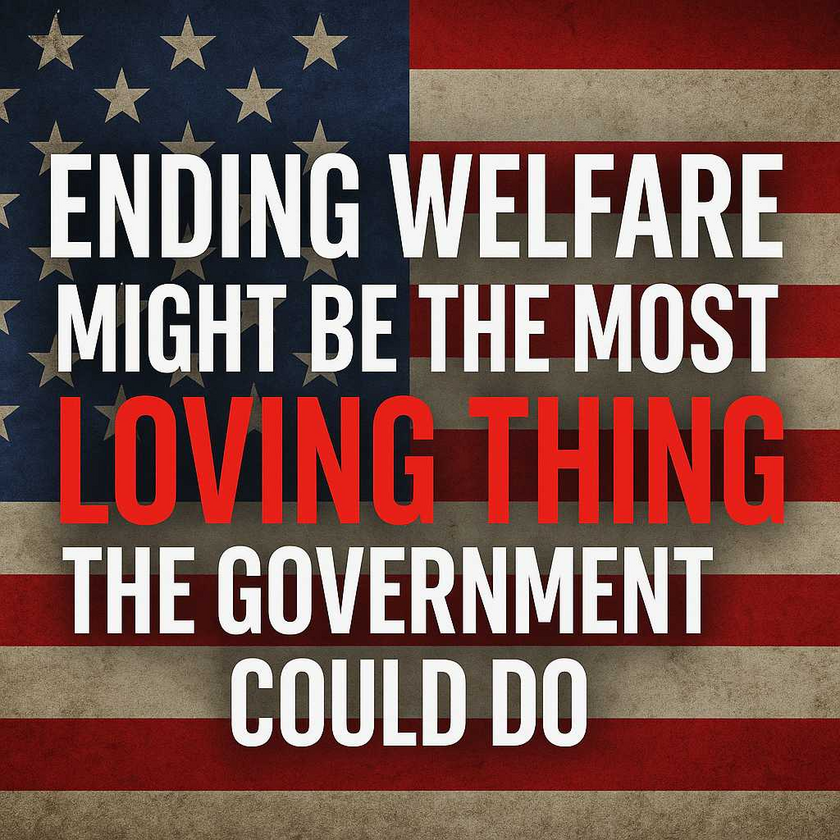
When God said, “Let us make man in our image, after our likeness” (Genesis 1:26), He was establishing something radical: every human life has intrinsic worth, purpose, and responsibility. We’re not accidents of evolution — we’re image-bearers of God.
That’s why Christians defend life from conception to natural death. But the Imago Dei doesn’t just speak to abortion or euthanasia. It also speaks to the way we treat human dignity in everyday life — including how we deal with poverty, work, and welfare.
The Cruelty of “Compassion”
For decades, the U.S. government has built an entire industry around dependency. SNAP, EBT, and countless welfare programs were supposed to be safety nets, not hammocks. But when “temporary help” becomes a permanent lifestyle, it robs people of the very thing that makes them human: agency.
Work was never a punishment — it was God’s design. Adam wasn’t lounging in Eden collecting fruit stamps. He was tending a garden, naming animals, exercising dominion. Work is how human beings imitate their Creator.
That’s why Paul said in 2 Thessalonians 3:10, “If anyone is not willing to work, let him not eat.” Not as a threat, but as a correction. A culture that subsidizes idleness is not compassionate — it’s complicit in spiritual decay.



















